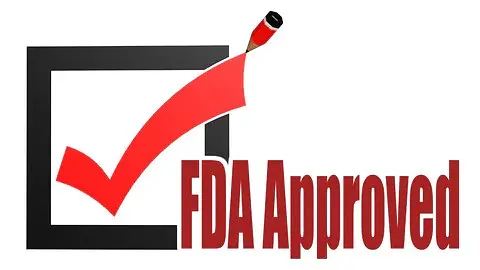Buy Used & Retired Medical Equipment
PT Medical Technologies – We Buy Used & Retired Medical EquipmentPT Medical Technologies is actively purchasing used, surplus, and retired medical equipment from hospitals, surgery centers, and imaging centers across the United States.If your facility is upgrading, closing, or simply needs to clear out older systems, we can help with fast removal and fair market offers.✅ We purchase all typ...
Used Medical Equipment Market Is Growing
The Growing Used Medical Equipment Market in the USAThe used medical equipment market in the USA is expanding faster than ever. As hospitals and imaging centers upgrade to the latest models, thousands of reliable, high-quality devices enter the secondary market — creating big opportunities for clinics, resellers, and healthcare startups.At PT Medical Technologies, we help hospitals and clinics ...




